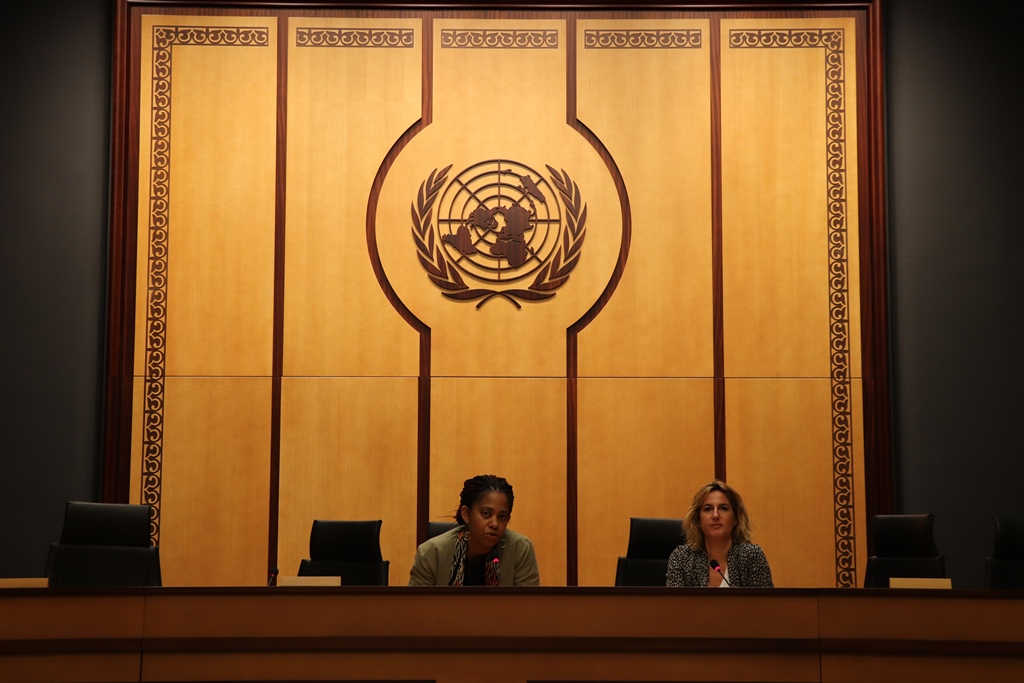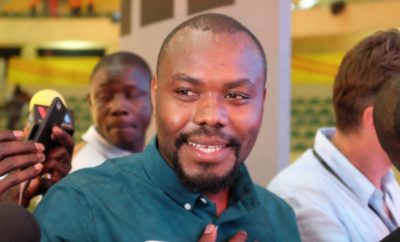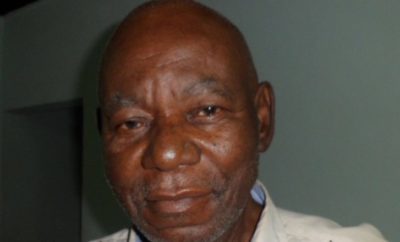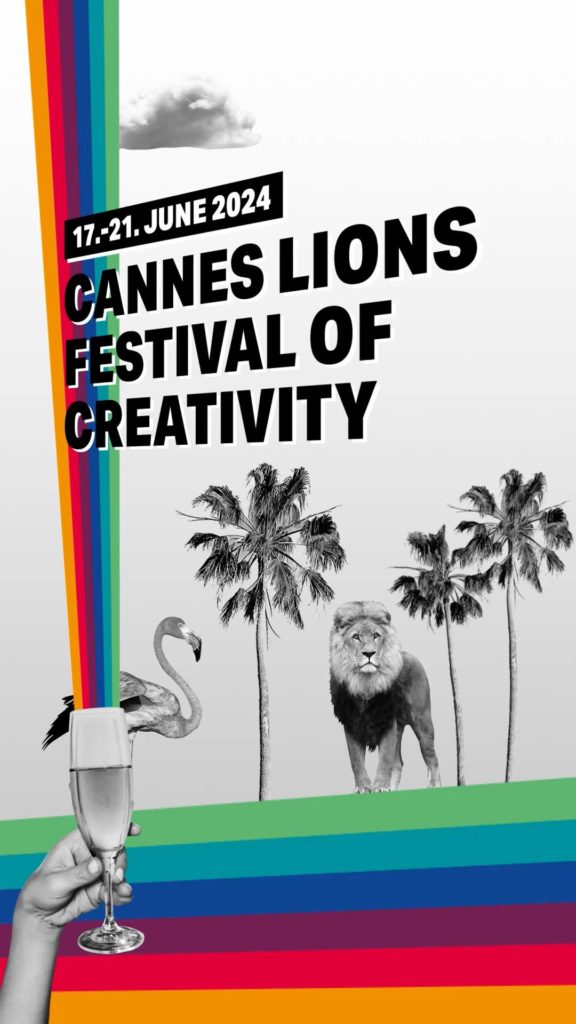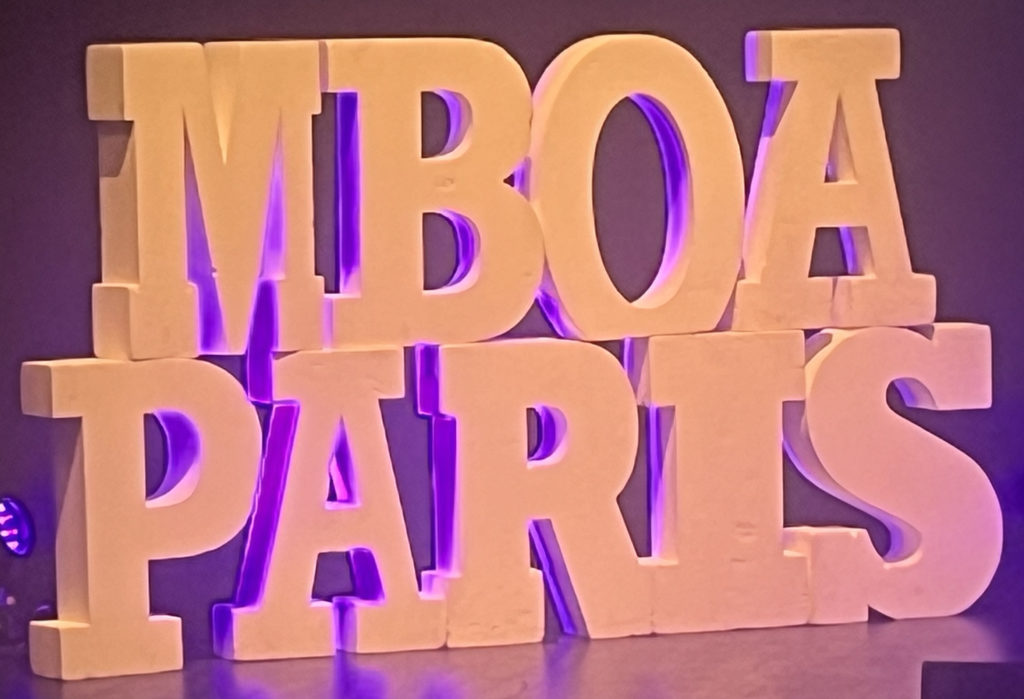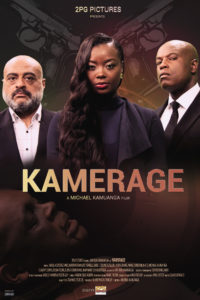
Kantarama Gahigiri: “we must make cinema accessible”
Swiss or Rwandan, the young woman wears multiple hats to pursue her passion for cinema. She was in Ouagadougou, at FESPACO, to support Joël Karekezi and his film “The mercy of the jungle”. Normal, because she worked as an actress and production manager on the project, recently awarded with the Golden Stallion of Yennenga on March 2nd. She also made the trip to Burkina Faso to talk about her future feature film. Kantarama Gahigiri talks about her FESPACO experience, about her encounter with cinema, her achievements and her projects. The interview…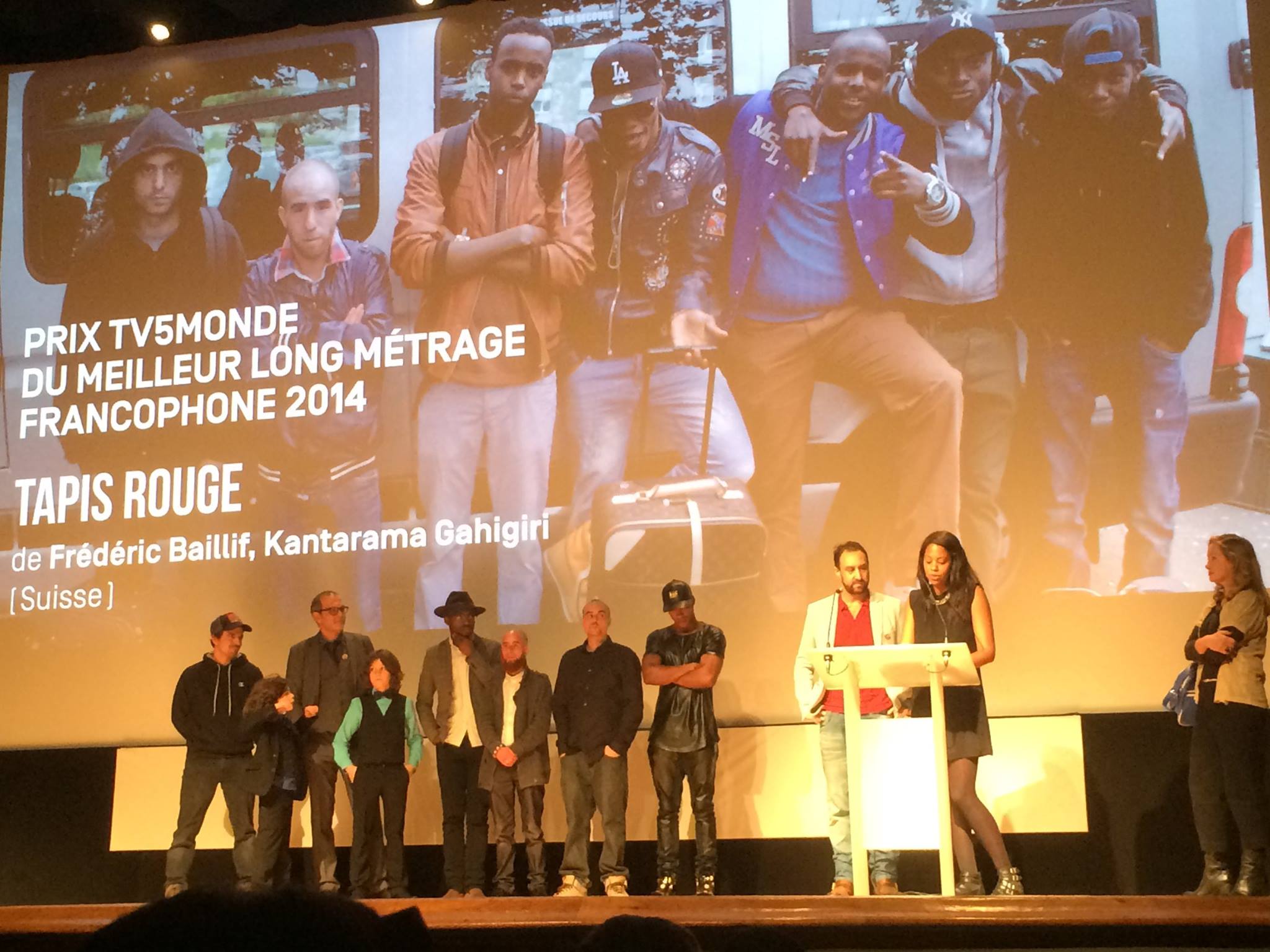
You are a screenwriter, director, producer and actress. Cinema is your life. How did you meet with the 7th Art?
It was not immediately obvious to me. I have been evolving in an artistic field since the age of four: I played lots of music, then theatre. But I hadn’t found my voice yet, the right form of expression. One day a friend, a director based in New York now, asked me for help with his short film. And I spent two days working on his project. I helped with what I could, I had no experience then. But when I saw what he was doing, it became very clear to me. I remember thinking: “that’s what I want to do.” After that realization, I had the chance to win a scholarship and I left for New York where I studied for a Master’s Degree in cinema. I ended up spending a total of eight years, working, training myself in the film industry and I was fortunate to take part in big productions like Men In Black 3, Suits, as well as various independent films, music videos, commercials and other projects. At the same time, slowly, I started to develop my own projects. I wrote, directed and produced several short films. Followed by a series, two seasons of short episodes called Me + U. After that, I left New York for Europe where I shot my first feature film “Tapis Rouge (Red Carpet)” in collaboration with my colleague Fred Baillif. This film took us all over the world. We were invited to screen it in several countries and received Best Directing Award at Chelsea Film Festival in New York and TV5 Monde Best Feature Film award amongst other achievements. This film had a national theatrical release in France in May 2017. Thanks to the film, I was able to come back to Africa professionally. It was important for me, because I am from Rwanda and I was able to make some movies there. I also teach in a few different workshops in Kigali. I found that there was incredible energy in the region and things that were well worth exploring. So every year I spend several months in Rwanda and in East Africa in general. I have now a few projects there, also in Uganda and Kenya, and I am developing my next feature film, so FESPACO is a great opportunity to meet actors, producers, to do some networking, to discuss with potential partners for the film.
What are your favourite themes?
It varies. But the next film I am preparing is a projection in the future of certain social realities. I like serious subjects but treated in a light form. The themes need to speak to the young generation.
What is your vision for African Cinema?
I realize that there are a lot of talented people, a lot of projects that are worth discovering. I would like to have more resources to bring attention to them on the continent. Because every once in a while, we have great movies and we can hardly access them, and it is difficult to see them, when we’re in Africa. I hope we can get together to make this cinema accessible. Other than that, there is a crazy energy, a lot of talent on the whole African continent. Despite the struggle to support this culture of African Cinema, I have a lot of hope. I can see that finally, we are trying to reach out to eachother, to collaborate within Africa. FESPACO is the ideal platform for this. So yes, I have great hopes for the future.
You participated in the project “The mercy of the jungle”, Yennenga Gold Stallion of the 26th Edition of FESPACO, as an actress and production manager. What does this film represent to you?
For me, The Mercy Of The Jungle is necessary, important as Joel himself says. It is not a film limited to a story between two countries, but it addresses themes that are affecting us all. It’s about war, a global phenomenon in many countries around the world. I think Joel wanted to question the issue on a more human level, what it’s like to be in that perspective. The film tells the story of two soldiers who live an experience at the end of which they come out transformed. The film is a message of peace and hope. We must give hope to the youth.